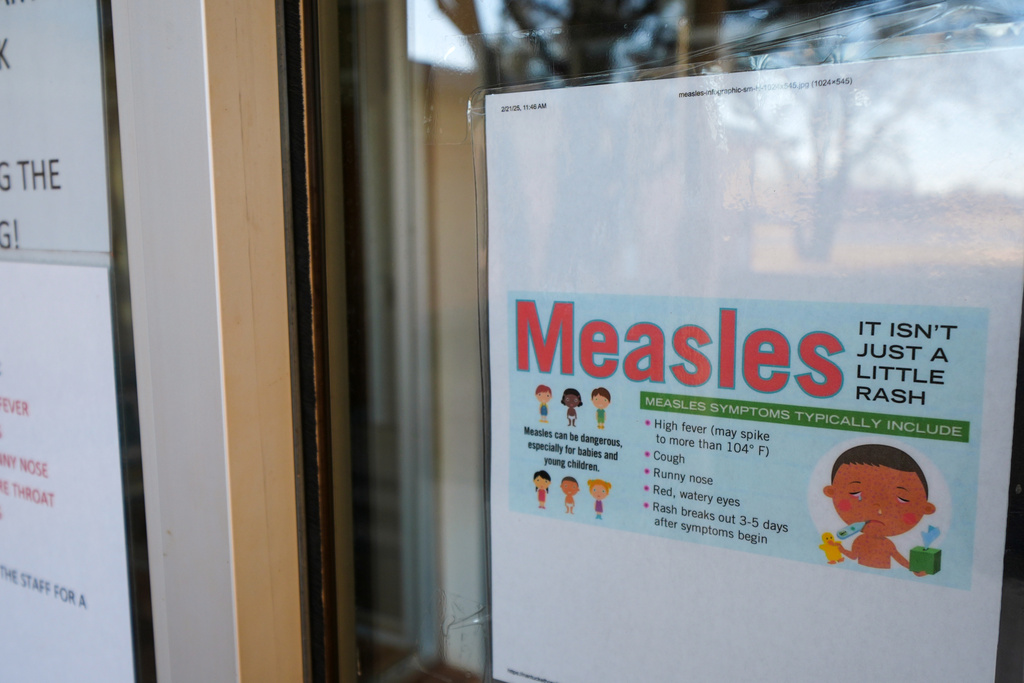Focusing on taking longer, steadier walks instead of reaching a daily step goal could cut your risk of heart disease by up to two-thirds, new research suggests.
Scientists from the University of Sydney and Spain’s Universidad Europea found that people who walked in uninterrupted 10 to 15-minute periods were far less likely to suffer heart attacks, strokes or die prematurely compared to those whose walking was broken into brief spurts of less than five minutes.
The findings, published in the Annals of Internal Medicine, challenge the popular “10,000 steps a day” mantra, showing that quality and consistency matter more than quantity, especially for those who are less active.
RELATED STORY | US obesity rate falls for the first time in years, but diabetes hits an all-time high, data says
For the study, researchers tracked 33,560 adults aged 40 through 79 who walked fewer than 8,000 steps a day and had no history of heart disease or cancer. Participants wore wristbands for a week to record step counts and patterns, then were monitored for eight years.
Among the least active group — those averaging 5,000 steps or fewer — longer, steady walks slashed the risk of cardiovascular disease from 15% to 7% and cut the risk of death from 5% to under 1%.
“Simply adding one or two longer walks per day, each lasting at least 10–15 minutes at a comfortable but steady pace, may have significant benefits—especially for people who don’t walk much,” said lead author Dr. Matthew Ahmadi of the University of Sydney’s Mackenzie Wearables Research Hub.
The researchers suggest that longer walking sessions may activate cardiovascular and metabolic responses that short, sporadic walking does not.
Earlier this year, a study published in The Lancet suggested that a lower daily step count, such as 7,000 steps, could be a more achievable target for many people, while still providing significant health benefits.
This story was reported on-air by a journalist and has been converted to this platform with the assistance of AI. Our editorial team verifies all reporting on all platforms for fairness and accuracy.









